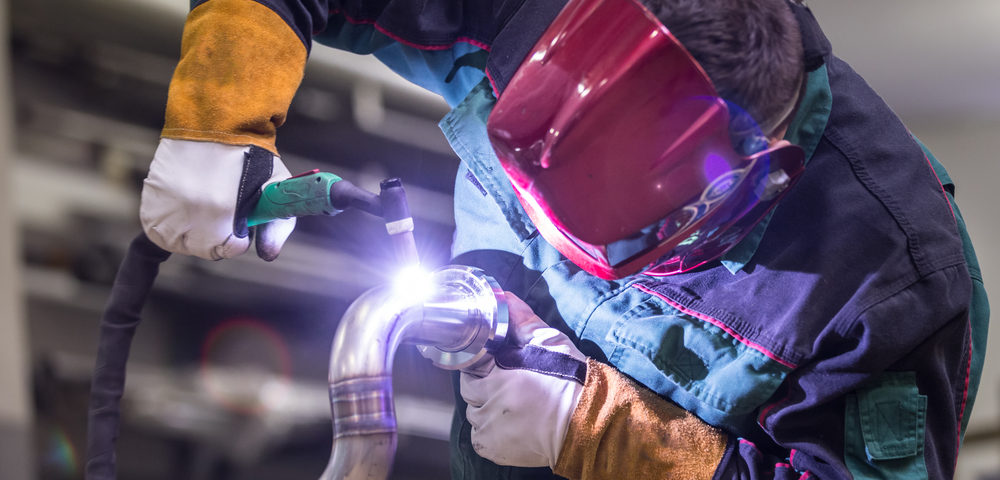Modular construction involves prefabricating equipment and systems into modules offsite in a controlled manufacturing facility. In recent years, the use of modular construction in the oil and gas industry has become increasingly popular because it provides a number of advantages over traditional “stick build” methods of facility development. Some of these include:
1. Shortened Project Timeline
Projects can be completed faster for several reasons. First and foremost, because all fabrication occurs in a controlled environment, outside variables that can delay construction, such as weather, are not a factor. Additionally, building modules in a separate location allows for certain tasks to be conducted concurrently. This results in the removal of activities from the schedule’s critical path and increased flexibility.
2. Cost-effective Fabrication
In many instances, modular fabrication is also more cost-effective than onsite construction because it ensures efficient workflows in an environment familiar to the crew. Operators can also elect to build modules in regions where skilled labor, such as welders and electricians, is easiest to secure. Many processes can be optimized and automated to reduce the number of man-hours required for fabrication, resulting in more efficient use of labor and reduced material waste.
3. Better Quality
Modular fabrication ensures consistency and adherence to international quality assurance standards. All fabrication and assembly processes are performed under ideal working conditions. Fabrication yards/facilities are often setup to allow for testing and evaluation of equipment before it gets to site, which eliminates costly delays during installation and commissioning.
4. Improved Safety
Prefabrication of facility components and equipment skids reduces the number of individuals required to be working onsite, which improves overall safety. This is particularly advantageous when conducting expansion or upgrades because it minimizes the requirement to perform work alongside ongoing facility operations.
